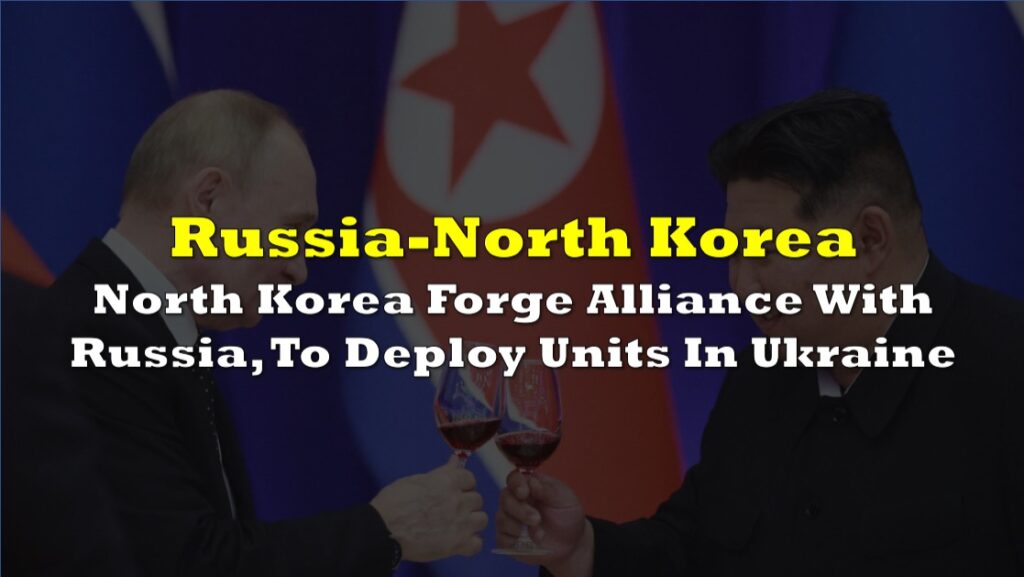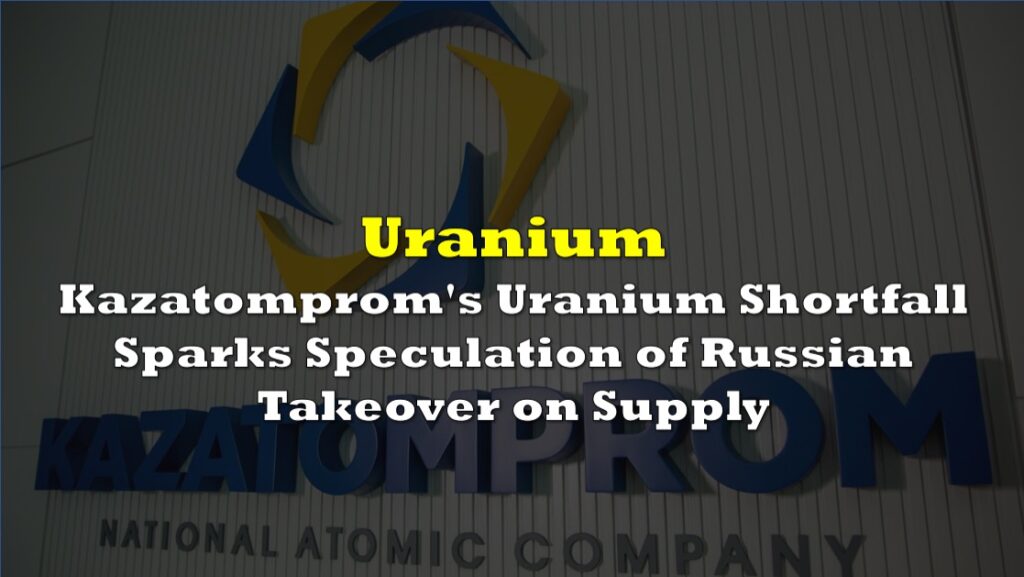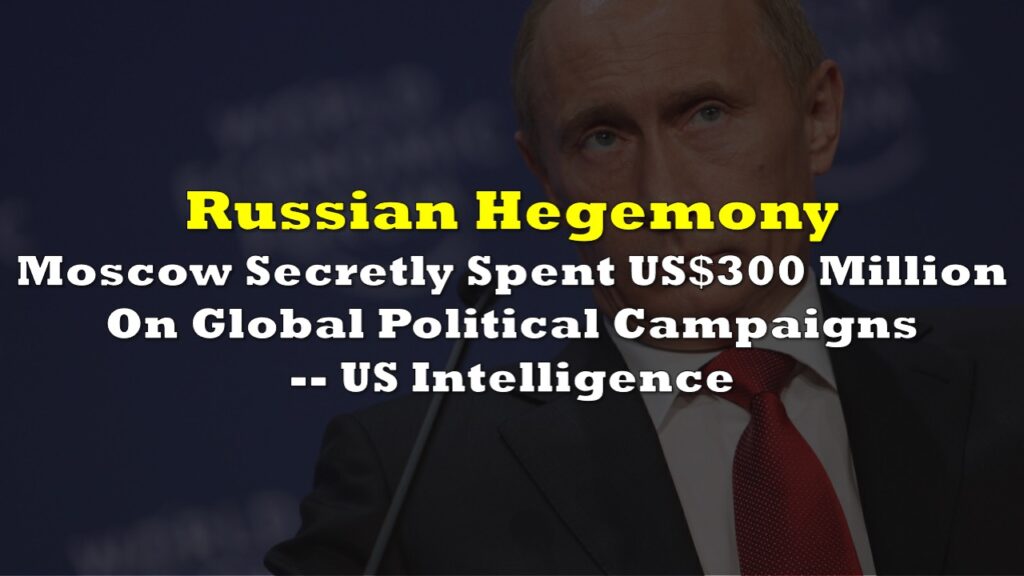Russian President Vladimir Putin and North Korean Supreme Leader Kim Jong-un signed the “Comprehensive Strategic Partnership Treaty” in Pyongyang as the former conducts his state visit to its Asian neighbor. Central to this agreement is Article 4, which commits both nations to provide immediate military and other forms of assistance to each other if either faces armed aggression.
Article 4 of the treaty states, “In the event that either party is in a state of war as a result of armed aggression by individual or multiple states, the other side shall provide military and other assistance without delay by all means at its disposal in accordance with Article 51 of the UN Charter and the laws of the Democratic People’s Republic of Korea and the Russian Union.”
This provision signifies a robust mutual defense pact, highlighting a deepened military alliance between Russia and North Korea. The agreement obligates both nations to support each other against any external threats, reinforcing their strategic military cooperation.
During the announcement, Putin stated that Russia and North Korea have ramped up ties to a “new level,” pledging to support each other if either nation is attacked. This “breakthrough” partnership marks Putin’s first visit to North Korea in 24 years. Thousands of North Koreans, chanting “welcome Putin,” lined the city’s wide boulevards, waving Russian and North Korean flags and bouquets of flowers.
The new strategic partnership replaces previous deals signed in 1961, 2000, and 2001, according to Russian state news agency TASS. “The comprehensive partnership agreement signed today includes, among other things, the provision of mutual assistance in the event of aggression against one of the parties to this agreement,” Putin said after the meeting.
He described the deal as encompassing “the political, trade, investment, cultural spheres, and the security sphere as well,” calling the pact “truly a breakthrough document.” Putin criticized joint drills involving the United States, South Korea, and Japan as “hostile” towards North Korea, characterizing US policy as “confrontational.” Kim Jong-un, meanwhile, called the new alliance a “watershed moment in the development of the bilateral relations.”
The inclusion of Article 4 marks a significant shift in the geopolitical landscape. The clause not only solidifies the military bond between Russia and North Korea but also sends a strong message to their adversaries.
Experts believe this move is a direct response to increasing military alliances among Western countries. The United States and its allies have expressed concern over this development. A senior U.S. State Department official, speaking on condition of anonymity, remarked, “The U.S. and its allies will closely monitor this development. Such alliances could destabilize regional and global security.”
Potential for Broader Alliances
The signing of this treaty may pave the way for similar agreements involving other nations. According to a tweet from OSINTdefender, “The New Axis Alliance has now risen in the World, with a similar Treaty between Russia and North Korea with China and Iran likely to be Imminent.”
The New Axis Alliance has now risen in the World, with a similar Treaty between Russia and North Korea with China and Iran likely to be Imminent. https://t.co/YHvF0VoWns
— OSINTdefender (@sentdefender) June 20, 2024
This prospect raises further concerns about a shifting global balance of power. The potential inclusion of China and Iran in this alliance could significantly alter international relations and heighten tensions in various regions.
The reaction to Article 4 and the overall treaty has been mixed. China’s Foreign Ministry expressed support, emphasizing the importance of mutual defense pacts in maintaining regional stability. Conversely, Japan has voiced serious concerns. Japanese Prime Minister Fumio Kishida stated, “Japan views this treaty as a threat to regional peace and security. We urge all parties to engage in dialogue and peaceful resolution of conflicts.”
Putin’s visit to North Korea underscores the deep historical ties between the two nations. Kim’s grandfather, Kim Il Sung, rose to power in the late 1940s as part of Soviet efforts to install a communist government in the North. Over the decades, relations have evolved, influenced by global political shifts and regional dynamics.
The Russian leader’s last visit to Pyongyang in 2000 for a meeting with Kim Jong Il, Kim Jong-un’s father, marked the beginning of a new phase in Russia-North Korea relations. The signed agreement builds on that legacy, reflecting shared strategic interests and mutual animosity towards Western policies.
Putin’s trip follows Kim Jong-un’s landmark visit to Russia last year, where the two leaders were seen as opening a new chapter in their relations, predicated on Putin’s need for North Korean arms for Russia’s ongoing military offensive.
Information for this briefing was found via CNN and the sources mentioned. The author has no securities or affiliations related to this organization. Not a recommendation to buy or sell. Always do additional research and consult a professional before purchasing a security. The author holds no licenses.









